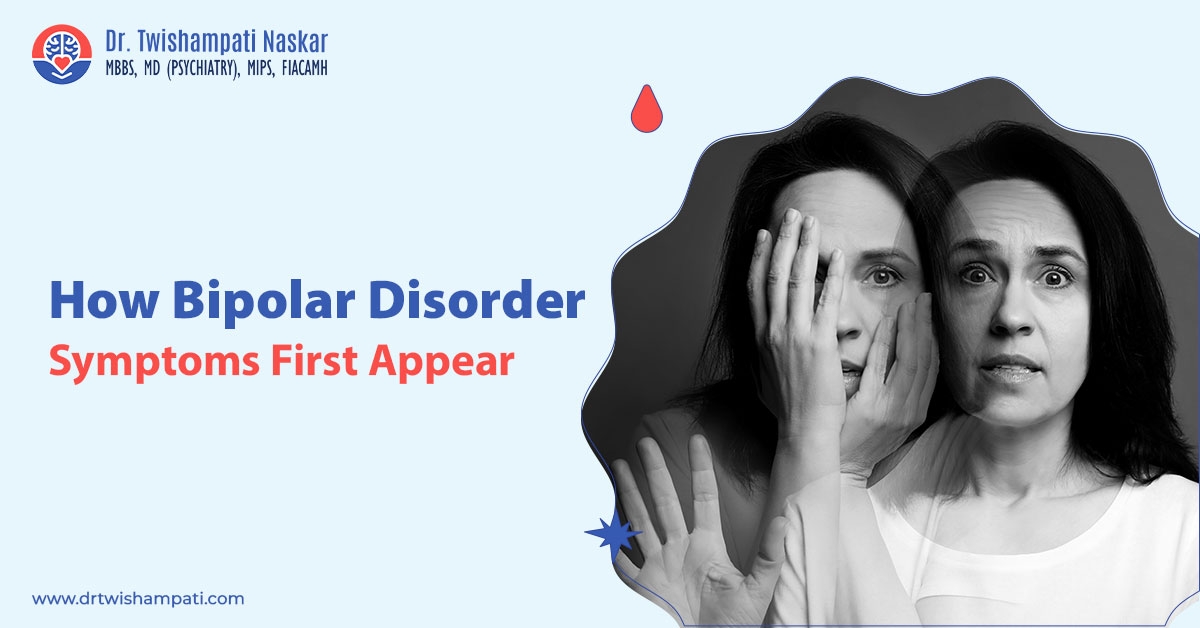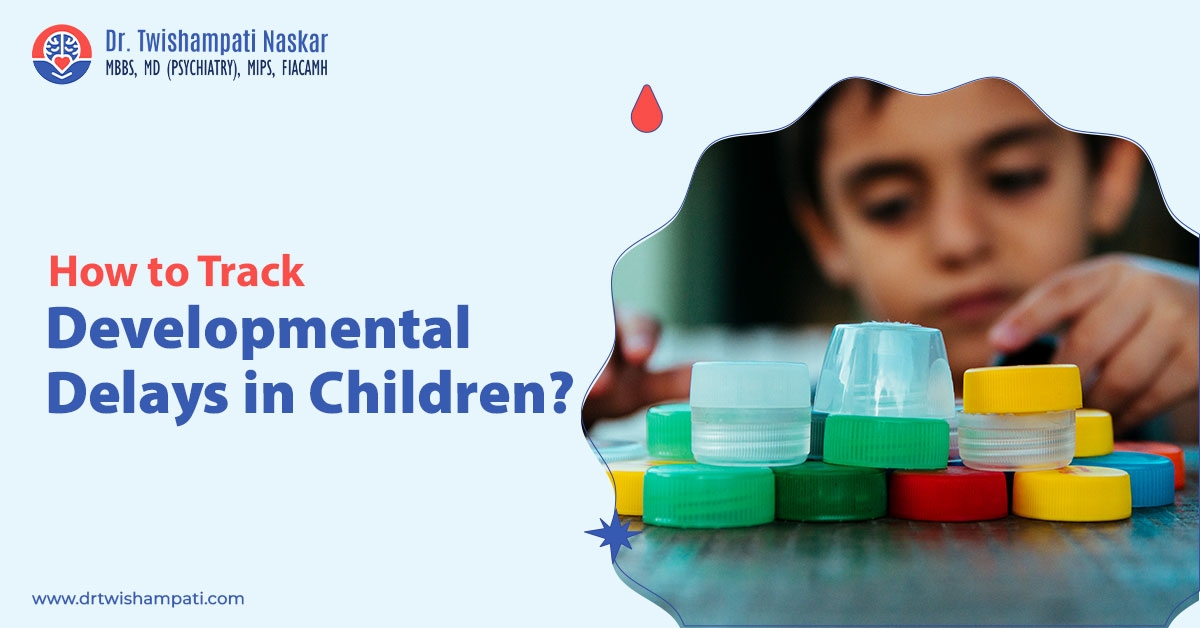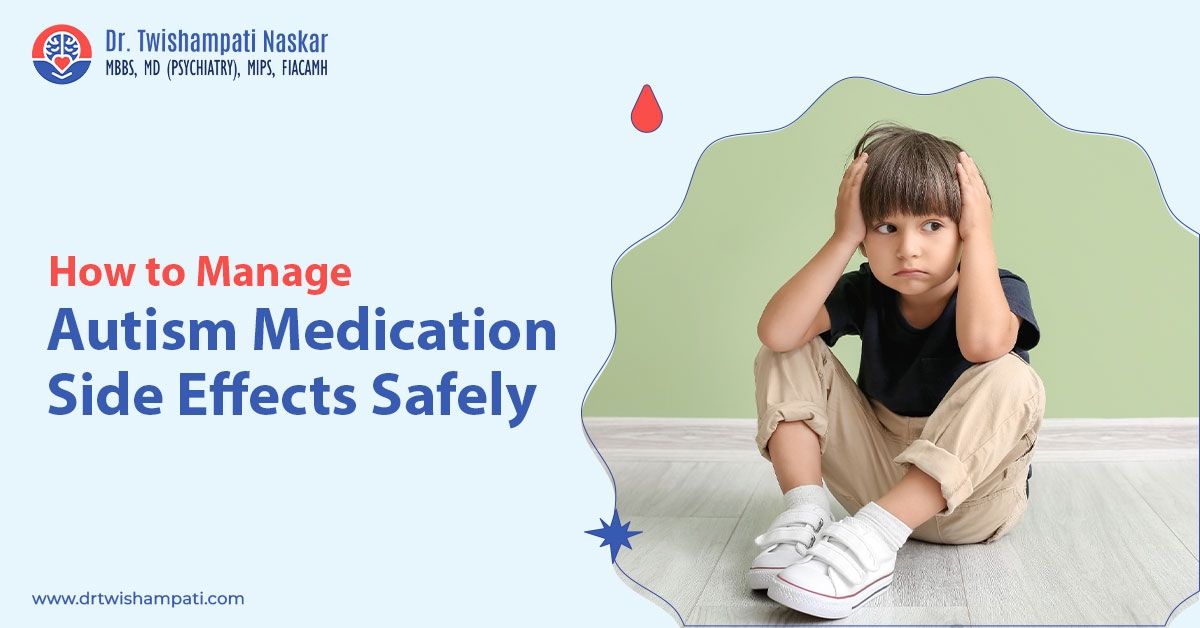The discussion about eating disorders is limited, and most of the time focuses only on either anorexia or bulimia due to their prevalence in the general media. However, various other eating disorders affect the health of thousands of people every year.
According to a reputed psychiatrist in Siliguri, these conditions not only affect the patient’s relation with food but also cause them to face body dysmorphia. While their discussion is still shrouded in stigma, these can severely impact the overall well-being of individuals. Let us look into these disorders in general and get insight into them to raise awareness.
How does an Eating Disorder affect Overall Health?
As stated, eating disorders control the relationship between a patient and the food they eat. These affect the way a body receives its nutrients and uses them, which can further affect how to heart functions. This is why most of these disorders are connected to heart issues. Here are some other aspects that can be impacted by them
1. Malnutrition and Weakened Heart Muscle
In cases like anorexia nervosa, individuals often severely restrict their food intake, leading to extreme weight loss and malnutrition. In a prolonged period, these conditions can lead to the weakening of the heart muscles, causing issues with pumping blood. This further leads to symptoms such as dizziness, fatigue, and a higher risk of heart failure.
2. Electrolyte Imbalance
In case of Bulimia, patients tend to go through binge eating sessions followed by purging (through vomiting or by using laxatives). This causes severe deficiency of minerals, which can result in irregular heartbeat, which, if left untreated, can be fatal.
3. Sudden Cardiac Death
According to a reputed psychiatrist in Siliguri,this usually results from a combination of electrolyte imbalance, a weakened heart, and extremely low body weight. All these factors combined can lead to sudden cardiac death
Why Early Intervention Matters?
While these disorders have a serious impact on the patient's health, it is important to remember that the human body has a remarkable ability to recover. With simple interventions, support, and quality rest, these damages can be countered safely. Most of the negative impacts can be cured, but in cases of long-term malnutrition or electrolyte imbalance, the damage becomes permanent. Thus, early intervention can play a critical role in treating these conditions, along with input from the best psychiatrist in Siliguri. Psychiatrists can not only make personal, individual treatment plans for patients, but also help them cope with issues such s body dysmorphia through CBT therapy.
The Road to Recovery: Healing Both Body and Mind
Recovering from an eating disorder goes way beyond gaining a healthy weight and being about ot eat normally again. The road of recovery, however, allows the patients to rebuild a relationship with food, their body, and self-worth. As most of these conditions impact the heart, healing becomes even complex. However, it is important to remember that with the guidance from the right specialist, it is still possible.
Patience is key during this process, as the body needs time to adjust and heal. Encouraging small victories and maintaining a strong support system also makes a huge difference in keeping motivation alive during the recovery journey.
Conclusion
As most patients with eating disorders do not realise that they need help, it is essential to raise awareness to counter their feelings of guilt and shame. If you suspect that you or someone close to you might be dealing with such issues, don’t wait. Reach out to a qualifiedpsychiatrist in Siliguri who understands the complex relationship between mental health and physical well-being.





